New study reveals complex relationships among grizzly bear activity, ecotourism, and salmon availability
The research found that bears avoid ecotourists, and can take multiple weeks after encounters to return to their undisturbed activity levels.
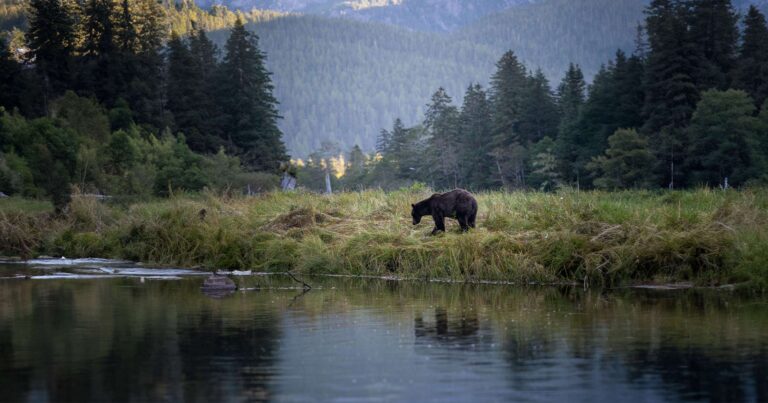
The research found that bears avoid ecotourists, and can take multiple weeks after encounters to return to their undisturbed activity levels.

Raincoast’s Director of our Fraser River Salmon Conservation Program, Kristen Walters, will be attending Nature on the Hill – an event hosted by Nature Canada that connects conservationists with Members of Parliament to discuss pressing biodiversity issues.
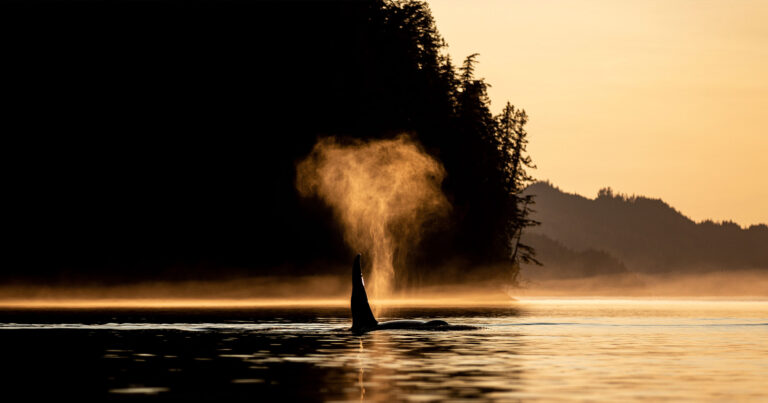
Worrying signs of an accelerated decline in Southern Resident killer whales.
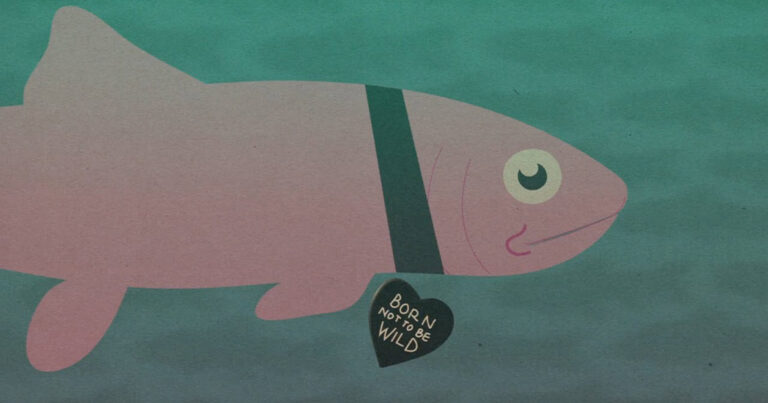
Our new animation delves into the history of hatcheries and the future we envision for wild salmon.
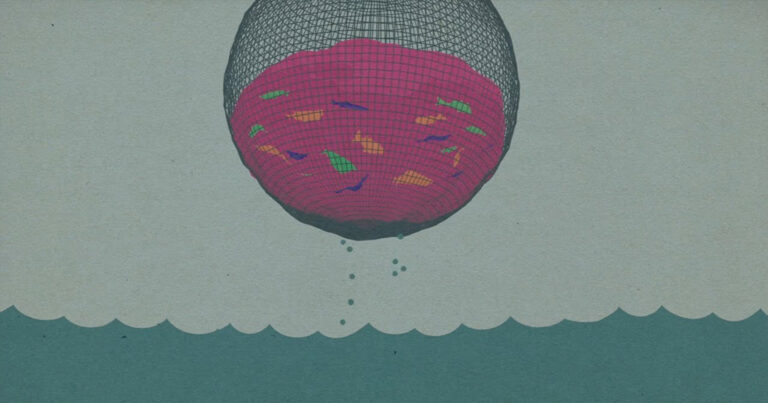
Our new animation highlights solutions to the problems in conventional fisheries.
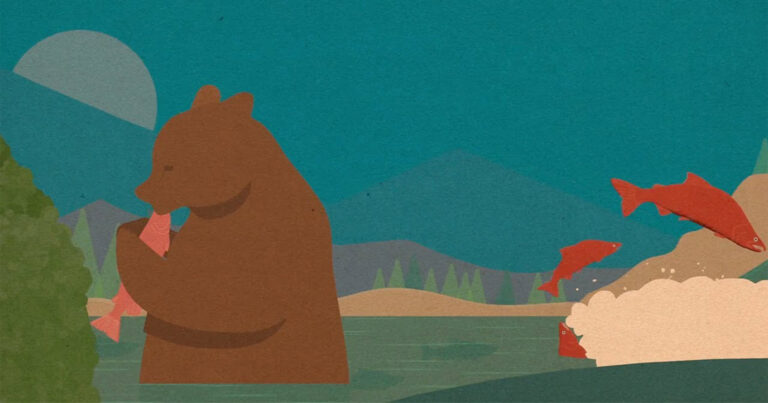
Our new animation sheds light on the work we do to protect wild salmon.
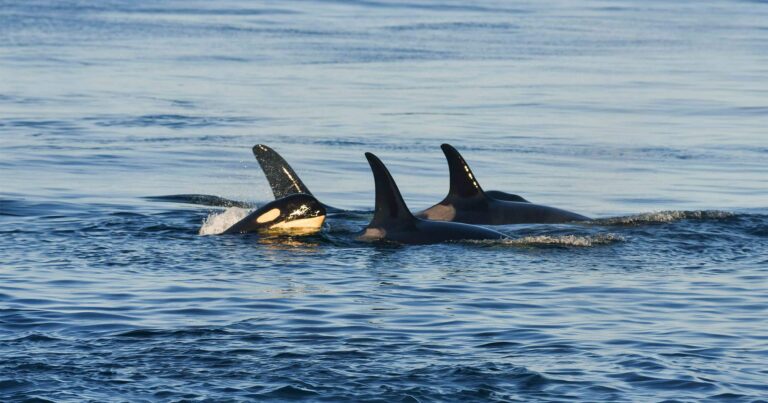
The study reveals more action is needed to save endangered Southern Residents.
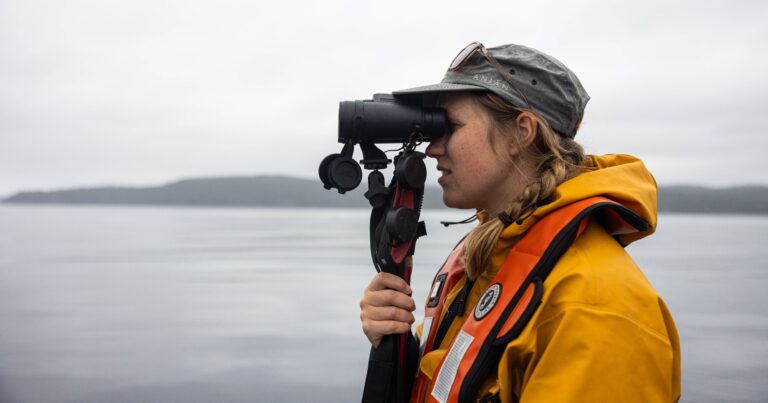
Sharon Kay, graduate student in the Raincoast Applied Conservation Science Lab, shares about her experience in grad school.
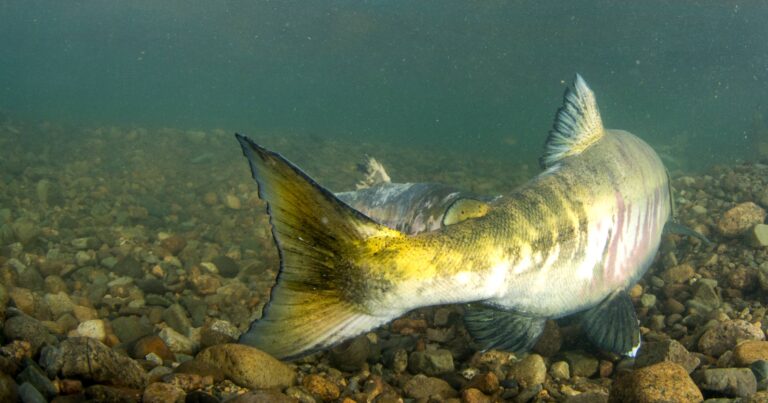
Raincoast submits our annual feedback to the Department of Fisheries and Oceans on salmon management.
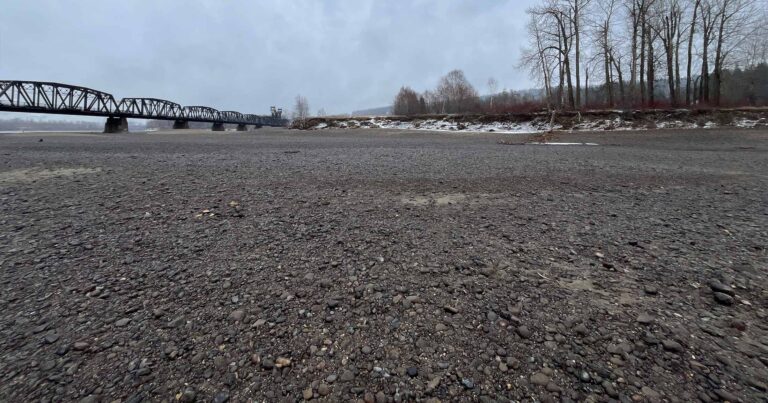
Eight policy solutions to benefit wild salmon in an age of water scarcity.
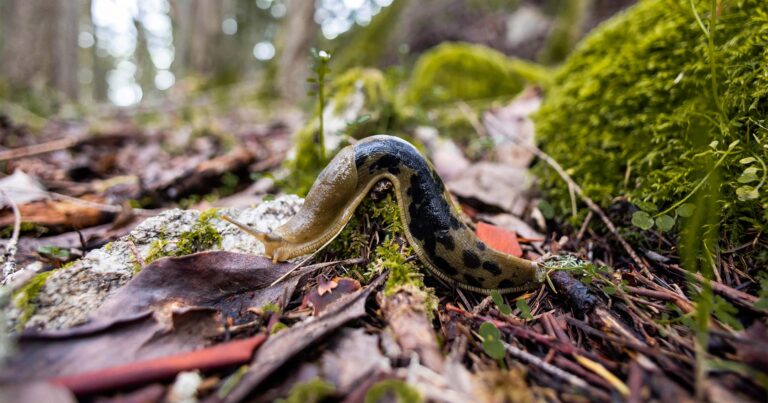
The recent federal 2030 Biodiversity Strategy outlines the path Canada will take to recover biodiversity, and protect and conserve 30% of lands and waters by 2030.
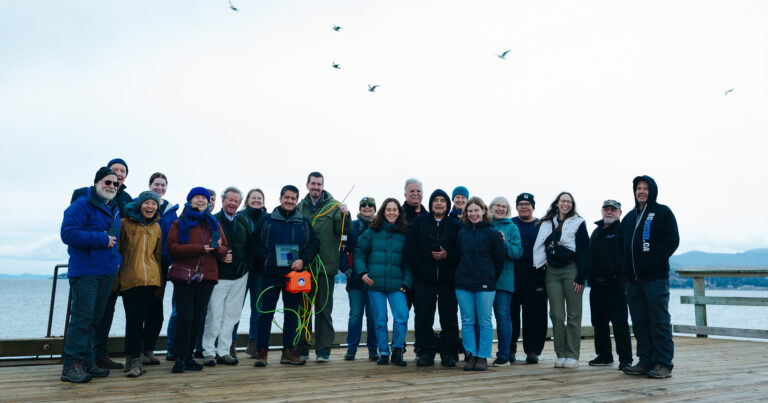
We hosted a learning event on underwater noise.